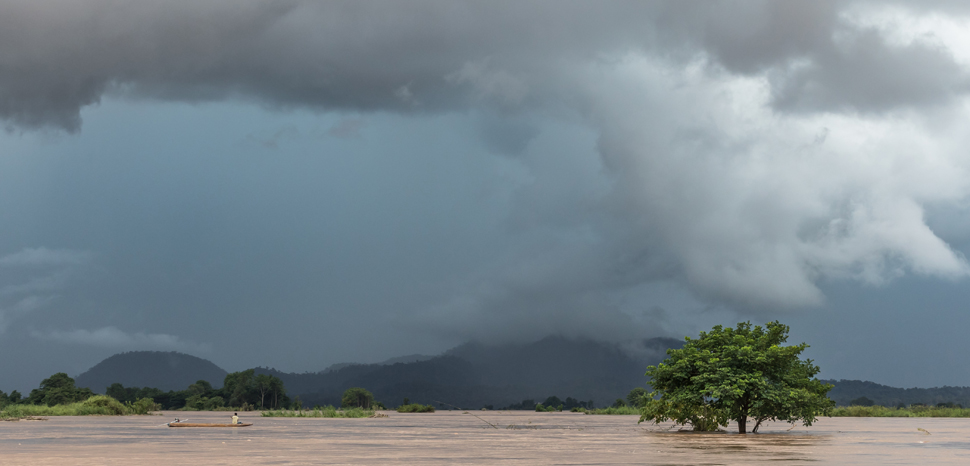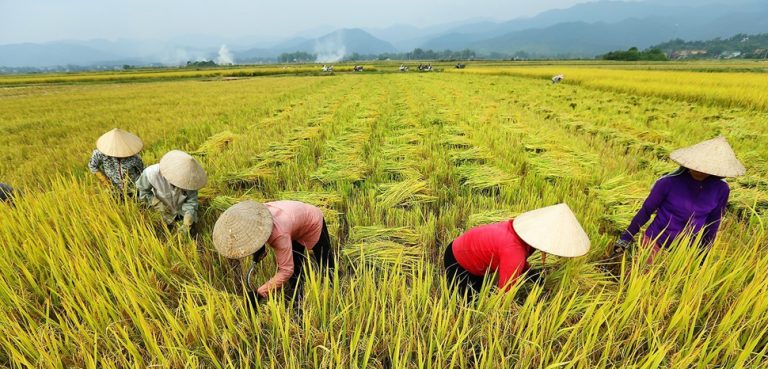Summary
Climate change and its consequences is one of the most debated issues in today’s world. The phenomenon will affect virtually all countries, but some are particularly exposed to its effects. Due to its position and its peculiar geographic configuration, Vietnam is considered to be among the most vulnerable to global warming, and as such it will face a variety of challenges in the upcoming decades. Besides the obvious environmental consequences, climate change risks hampering the country’s economic development and causing resource shortages that could result in massive migration movements and a surge in piracy in Vietnam’s coastal waters. All of this would have broad and lasting security implications for the wider region.
Background
Vietnam is a Southeast Asian country that falls within the equatorial belt, and like all states located in this area it is particularly exposed to the effects of climate change. In fact, Vietnam is constantly listed among the countries that will suffer the most from changing weather patterns. According to a FAO report, by 2050 Vietnam’s annual mean temperatures are expected to grow between 0.8 and 1.5 °C, with the most marked increase to take place in the north. Similarly, rainfall will rise between 3.8 and 4.1% in northern areas, and by 0.7-1.7% in southern ones. This will naturally have important repercussions on agriculture. It must be said that higher temperatures and more abundant rains will benefit some regions. For instance, tropical crops will increase due to the greater number of warm days, and more rain will help maize crop output surge in the north (around the Red River delta). However, taken as a whole, the effects are clearly negative: in 2050, Vietnam’s agricultural yield will drop by at least 3% (and in some models much more) in all regions. The spring rice crop will be the most badly affected, with production declines reaching up to 12.48% in the north.




